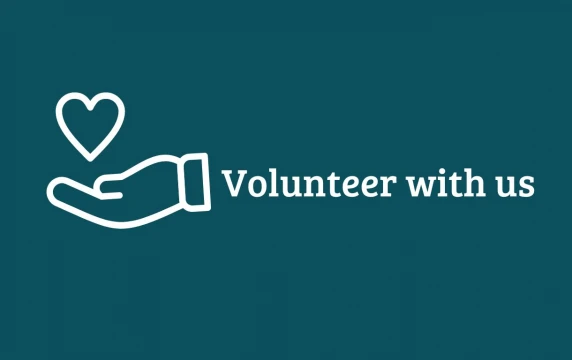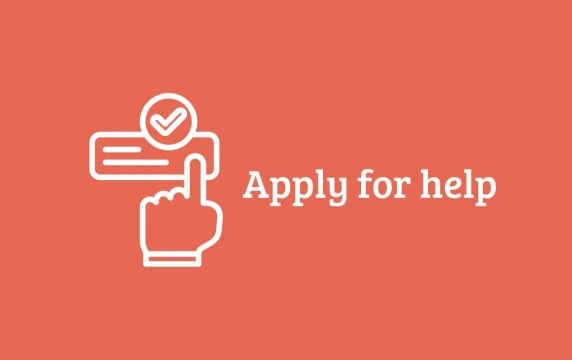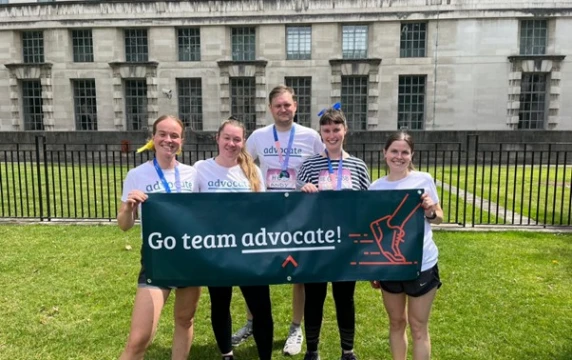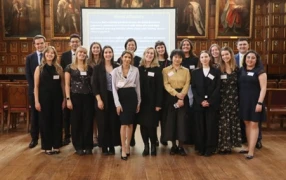At what stage in your career did you take on your first pro bono case?
My very first case was a pro bono case, acting for a client in the Croydon Employment Tribunal through the Free Representation Unit when I was still at Bar School. I was representing the claimant in an unfair dismissal claim involving a total absence of proper process, against a background of some serious allegations of wrongdoing which had been effectively accepted by his former employer without being investigated. After a two-day trial, we won and he was awarded £6,000. It’s still one of the victories that I’m proudest of, over 15 years later.
Why did you decide to undertake pro bono work?
My day-to-day practice area involves heavy commercial cases, usually acting for big businesses. They are legally and factually fascinating and I love litigating them, but pro bono work brings me into contact with a totally different – and much more important – side of the law and the justice system. It’s an opportunity to make an immediate social contribution. Sometimes that involves helping someone to present a winning case, but not always – whether you win or you lose, providing pro bono assistance helps the Court as well as the client.
What was the most memorable case you worked on, and what did you do?
About a decade ago I acted pro bono for a client who wanted to be a professional pianist, despite serious health conditions that made it very hard for her to leave home to practise playing the piano in rehearsal rooms. The already formidable odds against her appeared insuperable once she was served with a noise abatement order preventing her from playing the piano at home at all times, permanently. We appealed to the Magistrates’ Court and then the Crown Court against that order, arguing that it was disproportionate and failed to take into account her interests. The case was long and hard-fought by the local authority, but we eventually prevailed and the order was overturned. My client has gone on to have a successful career.
What effect did pro bono work have on your career?
Particularly at the start of my career, it really gave me an opportunity to hone my oral advocacy skills. My day-to-day practice is in an area where junior barristers rarely get the chance to conduct trials unled, but doing pro bono work has helped me to learn trial skills. For example, I did a three-day disability discrimination trial for a claimant in the Stratford Employment Tribunal through the (then) Bar Pro Bono Unit just after I finished pupillage. That experience gave me the opportunity to learn first-hand how to prepare for and handle witnesses in a case that was incredibly sensitive and required difficult cross-examination of a number of senior decision-makers. Similarly, when I was a few years in, the first substantive case I did unled in the Court of Appeal was a pro bono immigration matter, for a client whose Tier 2 visa had been revoked. By far the best way of learning how to prepare for and conduct any kind of advocacy is actually doing it – sitting behind a leader is always a poor substitute.
What is the most rewarding thing about doing pro bono work?
There are so many aspects, but I think the most important is the sense of giving the client the feeling that someone is there to support them and to fight their corner. For example, in an immigration case I did a few years ago, the stakes were incredibly high for the client because they were at risk of being returned against their will to their country of origin, with their spouse and young children. The case was extremely difficult and we did not persuade the Court to overturn the Home Secretary’s decision. Although I was personally very sorry about the outcome, I still hoped that it had been helpful to the client to have someone to guide them through the Court process, and to explain what would happen at each stage of the case.
What advice would you give to any barrister unsure about whether to start doing pro bono work?
Unsurprisingly I would recommend they give it a go! In particular, you will find a very willing, supportive and collegiate network of barristers happy to offer support when questions or difficult issues arise in pro bono cases. When you do cases through Advocate, for example, the reviewer who identified the case as “eligible” for pro bono assistance will be familiar with the case and will often be willing to act as a sounding board.






